A Head Scratcher

A product has a country of origin of China, is not subject to China 301 duties and is eligible for USMCA benefits when imported from Canada – Whaaat!?
Summary of the Findings of the USTR Four-Year Review of Actions Taken in the Section 301 Investigation
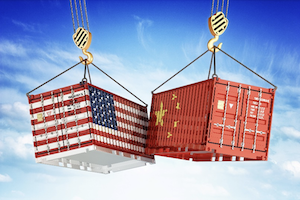
On May 14, 2024, the United States Trade Representative (USTR) released its Final Report relating to the four-year review of actions taken in the Section 301 investigation. Within the Report, the USTR confirmed that it intends to take actions to raise tariffs on specific products as a result of the comprehensive review.
USTR Extends Certain Section 301 Exclusions for One Year – Is Your Exclusion Still Valid?
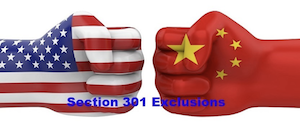
The United States Trade Representative (USTR) recently released a list of Section 301 exclusions that would be extended through May 31, 2025. Within the Notice, the USTR explained that extending these exclusions will support efforts to shift sourcing out of China, or provide additional time where, despite efforts to source products from alternative sources, availability of the product outside of China remains limited.
Another China Competition Bill: The Future of Section 301 Exclusions
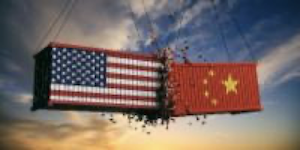
The Trade Act of 1974 grants the President broad powers to manage trade relationships with foreign countries. Section 301 of the act allows the President, acting through the United States Trade Representative (“USTR”), to impose retaliatory tariffs on imports from a country if the USTR determines that country’s economic conduct “is unreasonable or discriminatory and burdens or restricts United States commerce.”
Key Legal Developments in 2023 Concerning United States Customs and International Trade

By Adrienne Braumiller, Founding Partner Harold Jackson, Associate Attorney Gavin Andersen, Braumiller Consulting Trade Advisor Section 301 Tariffs on Chinese goods continues to be at the forefront of international trade relations with China and the United States. As part of the four-year review required under the relevant statute (19 USC § 2417), the United States Trade […]
Snapshot of Section 301 Litigation – Litigating the Adequacy of the USTR’s Rationale for List 3 and List 4a
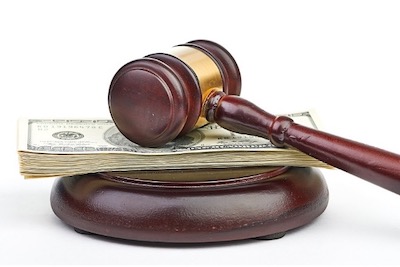
The legality of the Section 301 Actions for List 3 ($200 Billion Trade Action) and 4a ($300 Billion Trade Action) continues to be contentiously disputed before the Court of International Trade. The mass action, In re Section 301 Cases, No. 21-00052, encompasses claims of over 6,500 Plaintiffs that argue the Section 301 Duties, enacted under the Trade Act of 1974, are illegal.
Understanding the Statutory Four-Year Review Period of the Tariffs
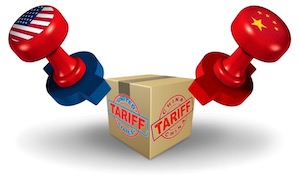
Many importers are eagerly awaiting the United States Trade Representative’s (“USTR”) required four-year review of the Section 301 Chinese tariffs. Section 301 of the Trade Act of 1974 grants the Office of the USTR a range of responsibilities and authorities to investigate and take action to enforce U.S. rights under trade agreements and respond to certain foreign trade practices.
Refunds Available? USTR Announces Reinstated Section 301 Exclusions
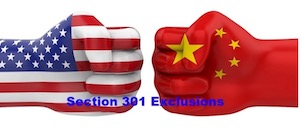
Since the end of 2020, almost all companies were forced to begin paying the Section 301 duties as most available exclusions expired. This was a major hit for companies who were relying on the exclusions, as the additional duties were either 25% (List 1, 2, and 3) or 15% (List 4A).
Section 301 Exclusion Reinstatement: Will this Affect your Company?
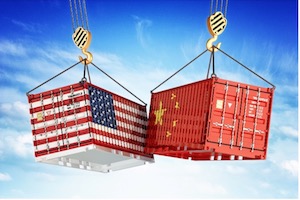
The United States Trade Representative (USTR) recently released a notice and comment period for the possible reinstatement of certain Section 301 exclusions. The majority of all Section 301 exclusions expired on December 31, 2020.
Latest Update on Section 301 Litigation
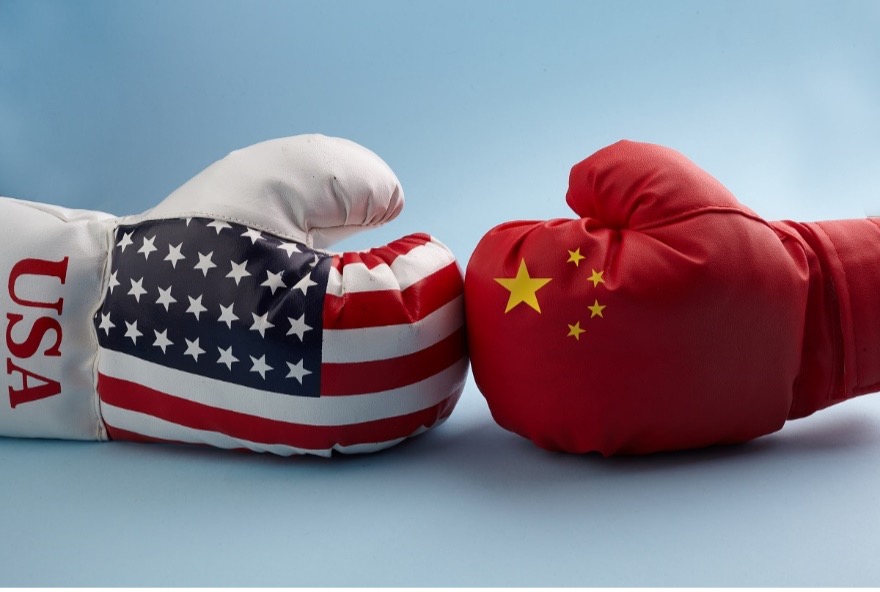
By: Adrienne Braumiller, Founding Partner, Braumiller Law Group On June 1, 2021, the U.S. Government, in the ongoing Court of International Trade (“CIT”) litigation over List 3 and List 4A Section 301 tariffs on certain imports of Chinese products, filed a Motion to Dismiss for the “failure to state a claim” and, alternatively a Motion to […]
